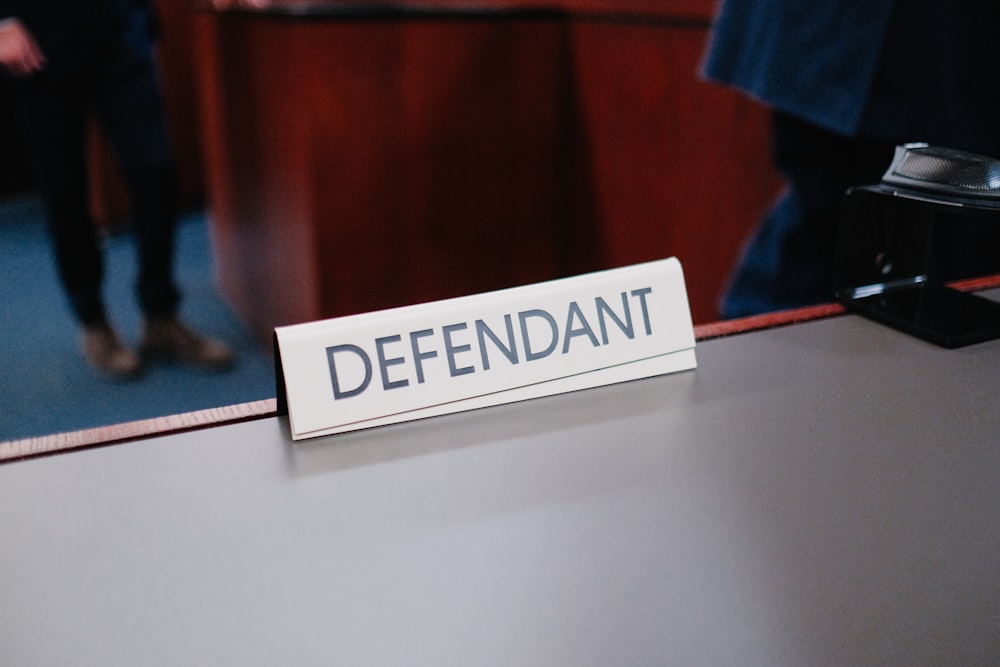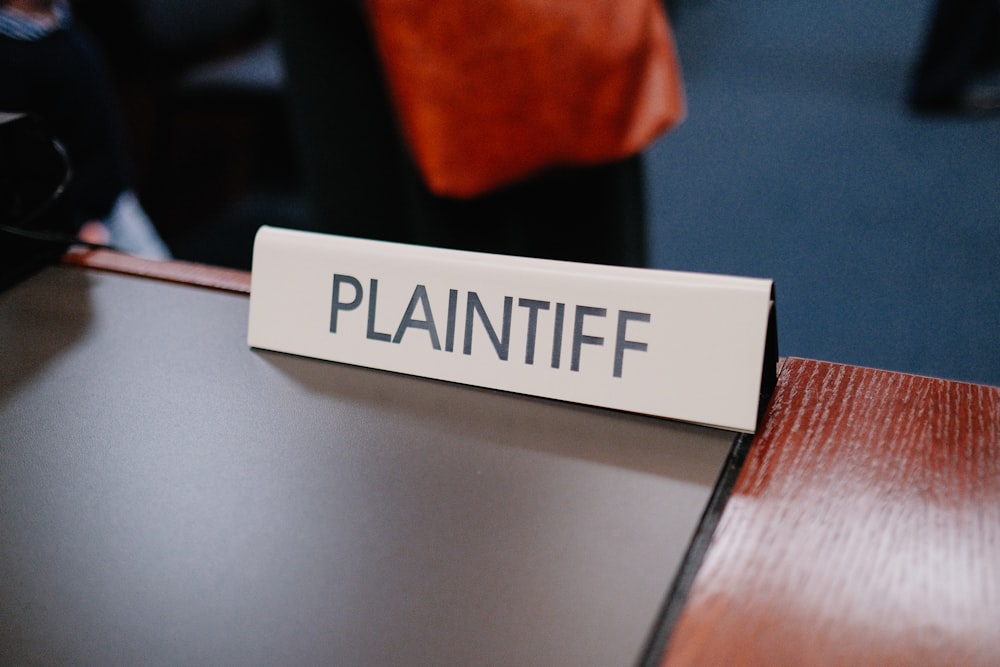Understanding Due Process Clause in Legal Proceedings
Introduction to Due Process Clause
The Due Process Clause is a fundamental aspect of legal systems worldwide, designed to safeguard individuals’ rights and ensure fair treatment under the law. Rooted in the principles of justice and fairness, the Due Process Clause serves as a cornerstone of legal proceedings, guaranteeing that no person is deprived of life, liberty, or property without due process of law.
Historical Origins
The concept of due process can be traced back to the Magna Carta of 1215, which established the principle that the king was subject to the law and could not arbitrarily deprive individuals of their rights. Over the centuries, the idea of due process evolved, eventually finding its place in constitutional law as a fundamental protection against governmental overreach and abuse of power.
Constitutional Protections
In the United States, the Due Process Clause is enshrined in both the Fifth and Fourteenth Amendments to the Constitution. The Fifth Amendment applies to the federal government and prohibits the deprivation of life, liberty, or property without due process of law. The Fourteenth Amendment extends this protection to the states, ensuring that all individuals are entitled to the same procedural safeguards.
Procedural Due Process
Procedural due process refers to the specific procedures that must be followed by government entities when depriving individuals of their rights. This includes notice of the charges or allegations against them, the opportunity to be heard in a fair and impartial proceeding, and the right to present evidence and cross-examine witnesses. Procedural due process ensures that individuals are given a meaningful opportunity to defend themselves before any adverse action is taken.
Substantive Due Process
Substantive due process, on the other hand, focuses on the substance or content of the laws themselves. It prohibits the government from infringing on certain fundamental rights, such as the right to privacy, liberty, or property, regardless of the procedures followed. Substantive due process serves as a check on the legislative and executive branches, ensuring that laws are not arbitrary, unreasonable, or oppressive.
Balancing Rights and Government Interests
In applying the Due Process Clause, courts must balance the rights of individuals against the legitimate interests of the government. This involves weighing the severity of the deprivation against the government’s interest in taking action and considering whether less restrictive means are available to achieve the government’s objectives. Through this balancing test, courts seek to protect individual rights while also accommodating the needs of society as a whole.
Evolution of Due Process Doctrine
The interpretation of the Due Process Clause has evolved over time, shaped by changing societal norms, legal precedent, and judicial philosophy. In landmark cases such as Roe v. Wade and Obergefell v. Hodges, the Supreme Court has applied the principles of due process to protect rights related to reproductive choice and same-sex marriage, respectively. These decisions reflect the dynamic nature of due process jurisprudence and its adaptability to new challenges and circumstances.
Due Process in Practice
In practice, the Due Process Clause plays a vital role in a wide range of legal proceedings, including criminal trials, civil lawsuits, administrative hearings, and regulatory actions. Whether an individual is facing criminal charges, seeking redress for a civil wrong, or challenging a government decision, the principles of due process ensure that they are afforded fair treatment and the opportunity to assert their rights.
Conclusion
In conclusion, the Due Process Clause is a fundamental component of legal proceedings, guaranteeing individuals’ rights to fair treatment and procedural safeguards. Rooted in principles of justice and fairness, the Due Process Clause serves as a critical safeguard against governmental overreach and abuse of power, ensuring that no person is deprived of life, liberty, or property without due process of law. Through its application, the Due Process Clause upholds the principles of justice, fairness, and equality under the law. Read more about due process clause










